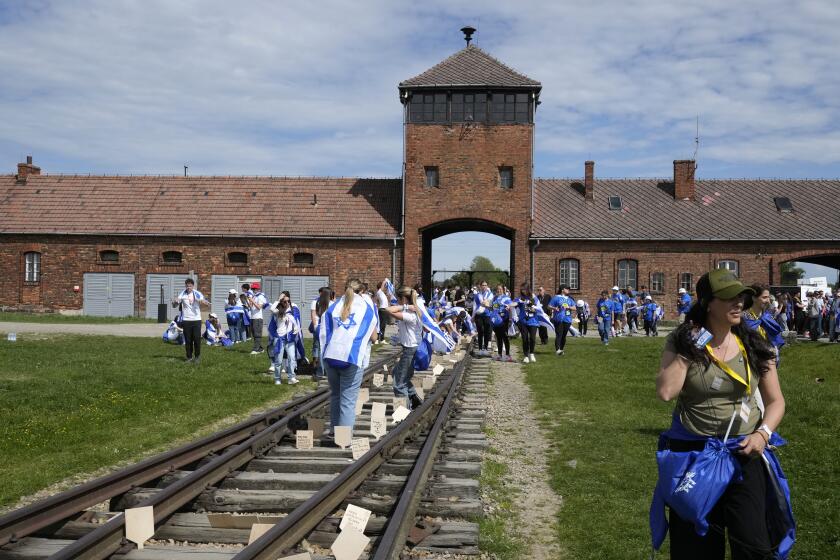Honor MIAs in Memory
Of all the indescribable losses inflicted in battle, the cruelest, most lasting to survivors may be the casualties known as missing in action, those souls who go off to war and never return, dead or alive. MIAs are presumed dead. But the lack of certainty leaves scabs, not scars, on the lives of wondering widows, widowers, parents, siblings and children.
World War I still has 3,350 MIAs, World War II 78,000, Korea 8,100 and various Cold War incidents 120. Today’s 1,982 Vietnam War MIAs are some 600 fewer than at war’s end, predominantly airmen who flew off a radar screen into their family’s memory somewhere over Southeast Asia.
Vietnam’s MIAs are different in many ways. Modern forensics and dedicated detective work facilitate the U.S. military’s traditional and admirable fervor to identify and bring fallen comrades home. Vietnam as a highly political war also turned its MIAs into a durable political cause, abetted by books and movies suggesting evil conspiracies as well as by a dedicated, effective grass-roots lobby of friends and families. They convinced the government to make MIA accounting a condition of normalized relations with Vietnam. And the search for a relatively few Vietnam MIAs, like many government programs, took on an enduring life of its own, a life that continues today with 500 full-time MIA workers worldwide and a cost to taxpayers of about $2 million weekly.
Vietnam, which lists 300,000 of its own MIAs, has by all accounts fulfilled its promise, albeit with a cultural puzzlement over American preoccupation with body fragments a quarter-century after hostilities ended. Last weekend, workers recovered the bodies of 16 American and Vietnamese killed in a helicopter crash while looking for MIA remains in old crashes. U.S. officials vow to reexamine not the hunt’s financial or human costs but only whether to continue using Russian helicopters flown by Vietnamese.
Maybe a new century is the time to bow our heads and begin closing the book not on the hallowed memory of the Vietnam missing but on the proactive quest for remains, to make the search instead reactive as it has long been for other conflicts. Today whenever a farmer or hiker uncovers American remains from other wars--in Russia, New Guinea, North Korea, even China--Americans rush to retrieve them with full military honors, as they should. This weekend a U.S. P-51 pilot will begin the trip home from France 57 years after his crash. It is no disrespect to anyone to allow unfound remains to rest in peace.
Now, who better to begin this delicate discussion and overdue healing than a new president, the son of a once-downed combat flier?
More to Read
Start your day right
Sign up for Essential California for news, features and recommendations from the L.A. Times and beyond in your inbox six days a week.
You may occasionally receive promotional content from the Los Angeles Times.






